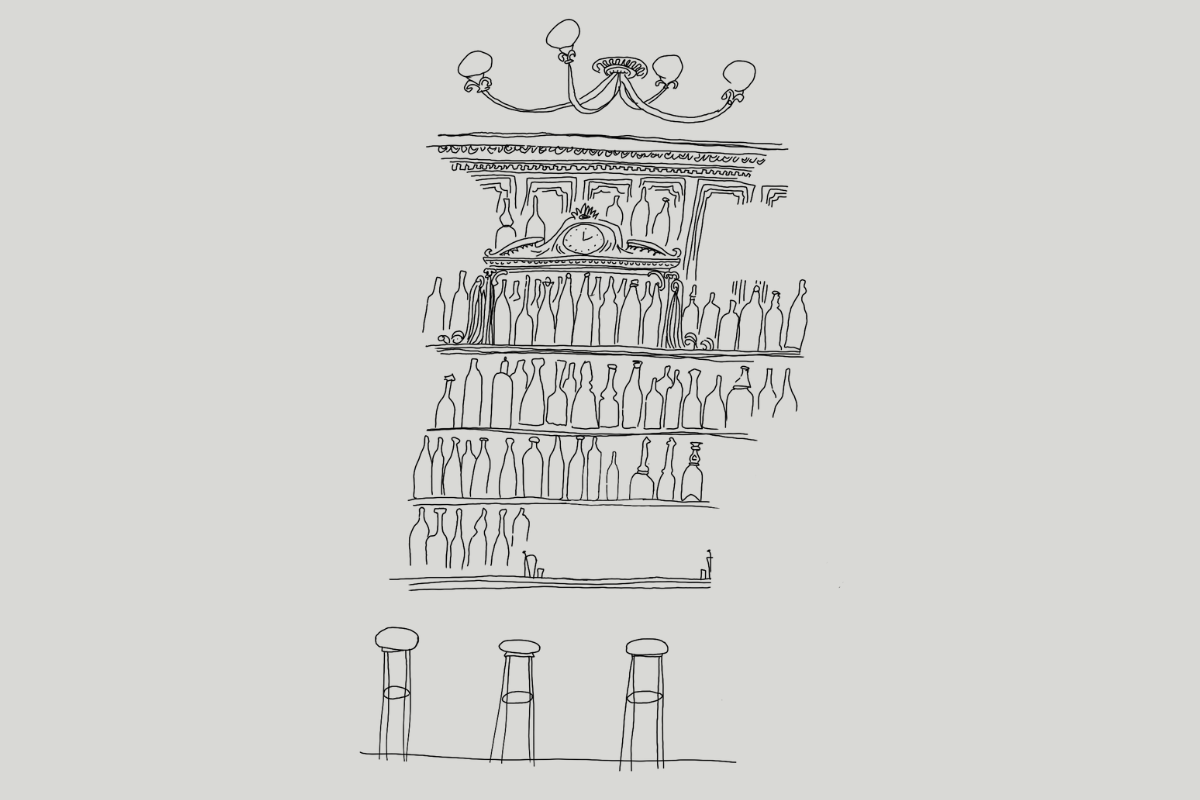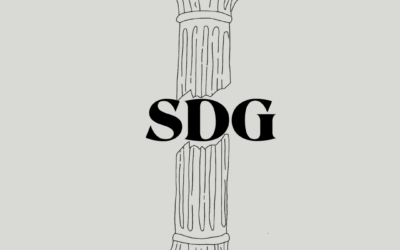Social media sometimes feels like a crowded bar with nowhere to sit. There’s someone shouting at you from every side, trying to impress the people around you, until finally nothing is heard.
With each passing year, it gets harder and harder to impress on social media. It takes constant vigilance and inventing original content (even though originality no longer exists). Big fashion brands have decided to move away from social media and take a different path. To focus on quality instead of quantity. Instead of reaching a large number of people, use private groups and micro-communities.
Brands like Coach, Urban Outfitters, Beautycon or even high profile celebrities like supermodel Naomi Campbell, for example, are testing personalized text messaging. And I don’t mean commercial messages from operators, which we have learned to ignore, but similarly personalised messages, like the email newsletters we are learning to send.
Another interesting example is the cosmetics brand Glossier, founded in 2014. In its early days, it experimented with Slack, known primarily as a workplace messaging tool, and launched a dedicated channel for its 1,000 or so most engaged fans. The cosmetics company received valuable feedback in the form of Instagram comments, tweets and emails, as well as posts in its 19,000-strong “Into The Gloss” Facebook group and posts on the independent R/Glossier subreddit.
In January this year, the popular K-beauty brand Glow Recipe launched a private Instagram account @RealGlowGang. This account is meant to serve as a safe online space that would encourage more intimate and honest dialogues. It aims to facilitate meaningful connections not only between the brand and its followers, but also within the community itself.
Brands can also leverage existing micro-communities by engaging with “niche” influencers. The best of these have a clear vision or personality that is perceived as authentic and trustworthy at a time when Instagram is awash with manufactured fake followers. Some influencers use the “close friends” feature on Instagram as a tool to build stronger relationships with their followers.
Creatives in the fashion industry are also setting up secondary social media accounts that act as a more intimate space where smaller groups of people with common interests come together.
Micro-communities and private groups respond to one fundamental human desire – to be part of something exclusive. We want to believe that we are important to someone, that we are special. Remember the uproar the Clubhouse caused last January – when it offered exclusive, invite-only access.




